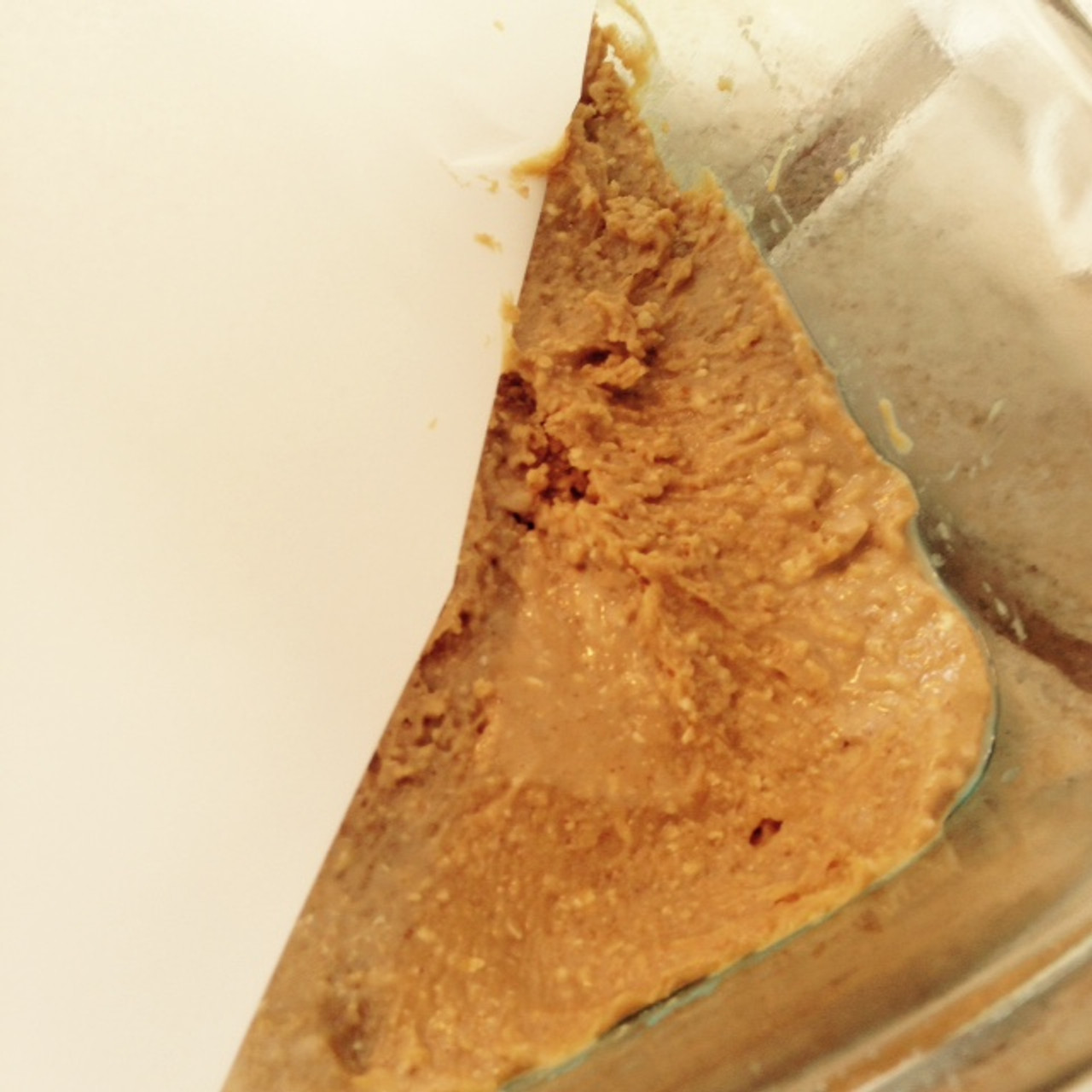5 MYTHS YOU NEED TO
KNOW ABOUT
More muscle. Less fat. If these are the things you want,
then don't let the following myths stand in your way of achieving them.
Below, we replace 5 bodybuilding-related myths with the
truth to set you free.
MYTH #1: The newest supplements are always the
best.
TRUTH: "Old" can be your
quickest path to success.
The newest supplements are typically the least tested. In
contrast, it's fair to say that a product that has been sold for several years
and used by thousands of consumers probably has a reasonable track record of
delivering results.
Consider 7-Keto MuscLean. It was released to the public in
2003 and has been used by thousands of natural physique athletes and others to
drop weight (body fat) and achieve peak condition. Its flagship ingredient,
7-Keto, has been tested in numerous clinical trials and been granted 5 U.S.
patents for its effects on weight loss.
There's a reason we haven't changed the 7-Keto MuscLean
formula in 16 years: It works as good as ever.
MYTH #2: You need to take a pre-workout
supplement loaded with caffeine or other stimulants to have a good workout.
TRUTH: Moderate doses of caffeine have a better
track record of success than higher doses. Caffeine-free pre-workout formulas
can produce fantastic benefits.
The two things you usually need to have a good workout are
strength and stamina. Strength is required to lift sufficiently heavy weights.
Stamina is required to work out at a sufficiently fast pace without feeling
"gassed".
Caffeine is the world's most popular central nervous system
stimulant, and certainly the most studied. Does it increase strength and
stamina? In some, but not all studies, caffeine has been found to increase
strength at high doses, such as 6 mg/kg body weight. That's just under 500 mg
of caffeine -about 5 cups of coffee- for a 180-lb male. Not surprisingly, the
frequency of side effects is greater when ingesting such high doses.
Where caffeine really shines is in increasing alertness and
generally "getting you in the mood" to work out. These benefits are
achieved at more moderate doses, such as you'll find in Fast-Up.
If caffeine isn't your thing, reach for Up-Lift. It contains nutraceuticals like
tyrosine, arginine, citrulline, and beta-alanine that work naturally with your
body's biochemistry to intensify your pumps and "mind to muscle"
connection, without stimulants.
MYTH #3: If you eat any more than 30 grams of
protein in a meal, you are wasting your money.
TRUTH: Extra protein consumed in a meal can
actually boost your metabolism and help protect you from weight (fat) gain.
Physique athletes largely eat protein to help build and
preserve muscle tissue.
To build muscle, your muscle cells must build, or
synthesize, protein. This process is known as muscle protein synthesis.
A number of studies provide evidence that muscle protein synthesis is
stimulated maximally by lifting weights and then eating roughly 20 grams of
high-quality protein afterwards. This is equivalent to consuming 1 serving
of Ultimate Muscle Protein (UMP), Muscle Provider, or Provosyn.
For the sake of example, let's say you work out and then
drink a protein shake made with 2 servings of Provosyn. Will the second serving
go to waste? Far from it. Here are two chief reasons why:
(1) There are many other tissues inside your body besides
muscle. These tissues, too, must synthesize protein.
(2) Much of any protein not used for protein
synthesis can be converted into glucose, a.k.a. "blood sugar".
Glucose is your body's preferred fuel. Interestingly, the process of converting
protein into glucose itself burns fuel, principally fat. This is why eating a
diet higher in protein can be protective against weight (fat) gain.
Human beings eat three main, or "macro" nutrients:
protein, carbohydrate, and fat. Scientists who study the effects of dietary
protein on the body say that it is a great "caloric ballast". What
they mean by this statement is that, if you are going to eat something, protein
is a good choice. That's because it helps build and preserve lean muscle, and
boost your metabolism, more than you could ever accomplish by eating
carbohydrate or fat.
Before we put Myth #3 to rest, we have to share one more
critical piece of knowledge with you. Building muscle isn't a one-time event;
it's a process that must be repeated over time. Studies provide evidence that
muscle protein synthesis can be stimulated maximally roughly every 4-5 hours.
For maximum muscle building success, it's probably a good idea to space out
your protein feedings by about the same amount of time.
Example:
8:00 AM: Morning workout
9:00 AM: Protein shake (1-2 servings of UMP, Muscle
Provider, or Provosyn)
1:30 PM: Lunch (including protein from lean meat or fish,
for instance)
5:30 PM: Dinner (same)
9:30 PM: Protein shake
MYTH #4: Eating at night will make you fat.
TRUTH: Only if you eat too many calories
overall, can you get fat. It doesn't matter what time of day you eat them.
The author of this article, who is also a member of the
Beverly research team, routinely eats a hefty portion of leftovers or two large
bowls of cereal (often topped with vanilla Muscle Provider) before going to
bed. He does this practically every day and maintains a lean, muscular
physique. What's his secret? He doesn't have one. He simply doesn't eat too
many calories over the course of the day.
Some people have good reasons for not eating at night. If
it's done too close to bedtime, they have disturbing dreams, or difficulty
sleeping. However, if you're avoiding eating at night because you think it will
make you fat, think again.
As long as you don't eat too many calories overall, you can
eat them whenever you like. For reasons explained above (Myth #3), we think it's
a good idea to eat a protein-containing meal every 4-5 hours.
MYTH #5: Pre-workout supplements aren't useful for
cardio.
TRUTH: What works great in the weight room also
frequently works great for cardio.
Users of Fast-Up, Up-Lift, Muscle Synergy,
and Creatine Select tell
us all the time: They love the way these products help them perform during
cardio workouts. They have more "kick" in their step, which makes it
easier to burn calories and melt off body fat quickly.
As stated above, the two things you usually need most to
have a good workout are strength and stamina. Running on the treadmill or
climbing stairs requires that your muscles generate force, which is the basis
of strength. Granted, the forces aren't as high as those required during the
typical weight-lifting workout.
On the other hand, when you do cardio, your
muscles generate force for extended periods of time, much longer than the
typical weight-lifting set. We're talking minutes versus seconds. So, you still
need strength and stamina, just a different balance of each. Ingredients in all
of the Beverly products listed above can enhance this balance. The result:
You'll find it easier to work harder. This translates into more results in less
time.
5 MYTHS YOU NEED TO KNOW ABOUT
Nov 20th 2019

